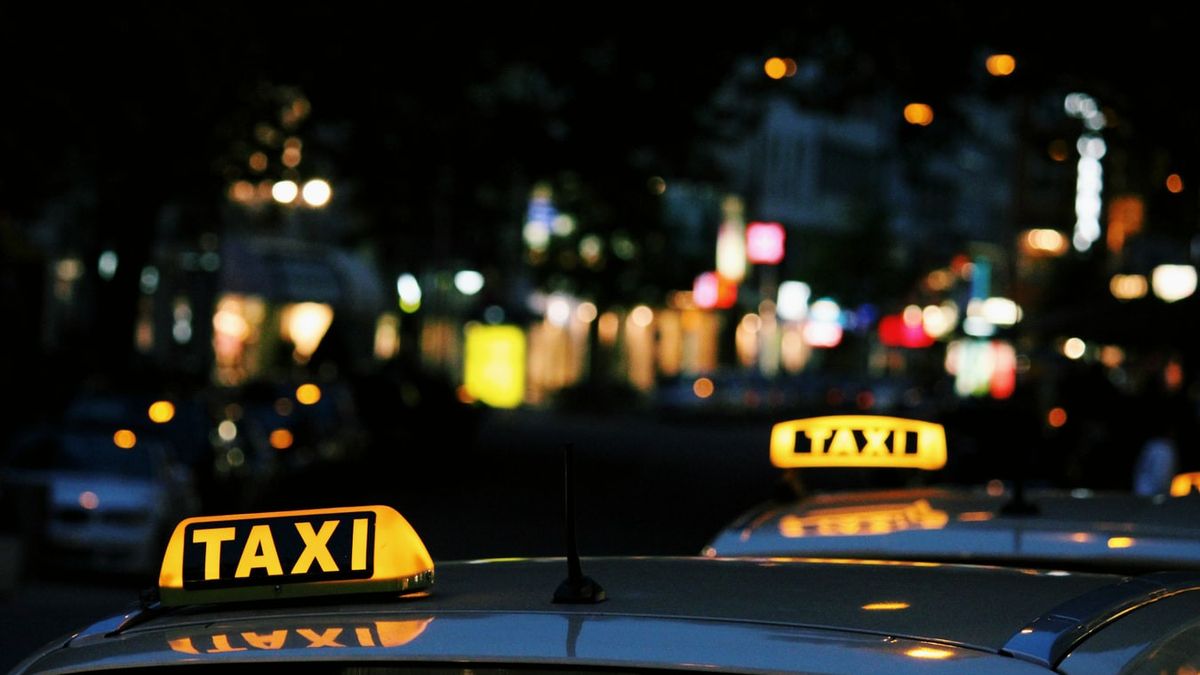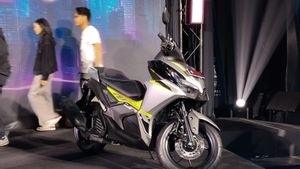JAKARTA - Intel's subsidiary Mobileye and rental car giant Sixt SE plan to launch a robotaxi service in Munich next year. The deal was unveiled by the CEOs of both companies on Tuesday, September 7, during the IAA Mobility exhibition in Germany.
The robotaxi service leverages all of Intel's assets, and more specifically Mobileye, that has been developed or purchased in recent years, including the 2020 US$900 million acquisition of Moovit, an Israeli start-up that analyzes urban traffic patterns and provides transportation recommendations with focus on public transport.
Through this partnership, riders will be able to access robotaxi services via the Moovit App. The service will also be offered through the ONE Sixt mobility app, which gives customers the ability to ride, rent, share or subscribe to vehicles.
Robotaxis Mobileye is expected to launch with an initial rider test program on Munich roads in 2022. If it replicates other early rider programs, then the service will likely invite and then approve small groups of riders and then scale from there. The fleet will then move from trial to commercial operations after regulatory approval, the company said.
Intel and Mobileye plan to scale services across Germany and into other European countries by the end of the decade. The company chose Germany, a country where Mobileye is already testing its autonomous vehicle technology, because of a recently enacted law that allows driverless vehicles on public roads.
"Germany has demonstrated global leadership towards the future of autonomous mobility by accelerating important AV legislation," Intel CEO Gelsinger said Tuesday at the IAA. "Our ability to start robotaxi operations in Munich next year would not be possible without this new law."
During the IAA keynote, Mobileye also launched MoovitAV and SIXT branded vehicles. These vehicles, which are equipped with the Mobileye self-driving system, will be produced in large numbers and used for robotaxi services in Germany, the company said.
While Mobileye is perhaps best known for supplying automakers with computer vision technology that powers sophisticated driver assistance systems, a business that generated nearly $967 million in sales last year, the company has also developed automated vehicle technology.
The self-driving system, now branded as Mobileye Drive, consists of system-on-chip-based computing, a redundant sensing subsystem based on camera, radar and lidar technology, a rule-based REM mapping system and Responsibility-Sensitive Safety, (RSS) driving policy.
Mobileye's REM mapping system basically collects data by utilizing more than 1 million vehicles equipped with its technology to build high definition maps that can be used to support ADAS and autonomous driving systems.
The data is not video or images but compressed text that collects at about 10 kilobits per kilometer. Mobileye has agreements with six OEMs, including BMW, Nissan and Volkswagen, to collect that data on vehicles equipped with the EyeQ4 chip, which is used to power advanced driver assistance systems. On fleet vehicles, Mobileye collects data from the after-sales products it sells to commercial operators.
The strategy, Mobileye President and CEO Amnon Shashua has told TechCrunch in the past, will enable the company to efficiently launch and operate commercial robotaxi services and bring the technology to consumer passenger vehicles by 2025.
The English, Chinese, Japanese, Arabic, and French versions are automatically generated by the AI. So there may still be inaccuracies in translating, please always see Indonesian as our main language. (system supported by DigitalSiber.id)










